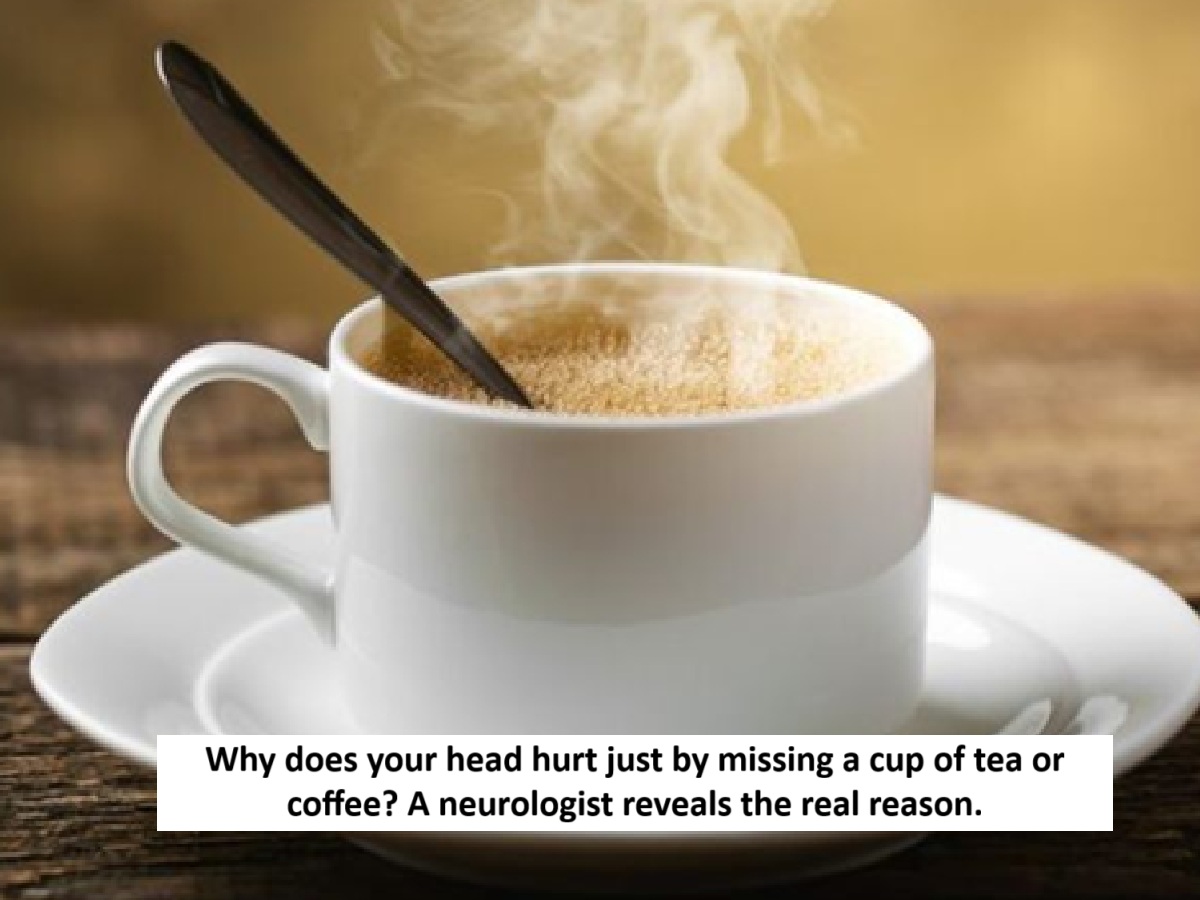
News Topical, Digital Desk : If you start your morning with tea or coffee, do you feel more refreshed? However, why do symptoms like headache, fatigue, and irritability set in on days when you don't have a cup of coffee or tea.
Why does headache occur?
The caffeine in our tea and coffee blocks a chemical called adenosine, which is produced in the brain. Adenosine is the same chemical that makes us feel sleepy and tired. When you drink coffee daily, your brain becomes accustomed to this change, but as soon as you stop drinking coffee, adenosine suddenly becomes active in greater amounts. This causes the blood vessels in the brain to dilate, leading to headaches.
When and how long do the symptoms last?
Caffeine withdrawal symptoms typically appear within 12 to 24 hours of not drinking coffee . Headaches, drowsiness, low mood, and difficulty concentrating may accompany them. These effects typically last 2-3 days for occasional coffee and tea drinkers, while they can last up to a week for heavy drinkers.
How to control this situation?
According to doctors, if you want to quit coffee, do so gradually, not suddenly. Here are some simple steps you can try:
- Reduce gradually: Start with two cups daily, then work your way down to one cup, then gradually stop.
- Drink more water: Lack of water in the body can further increase headache.
- Get good sleep: The brain takes time to adjust after a caffeine break, so adequate rest is essential.
- Be patient: This headache is temporary and will go away on its own in a few days.
Coffee or tea certainly boosts energy and improves mood, but it's important to maintain balance. Remember—your first cup of coffee wakes you up, but the right amount keeps your mind happy.
Read More: Does your face suddenly swell? A doctor explains the possible cause.
--Advertisement--

 Share
Share



